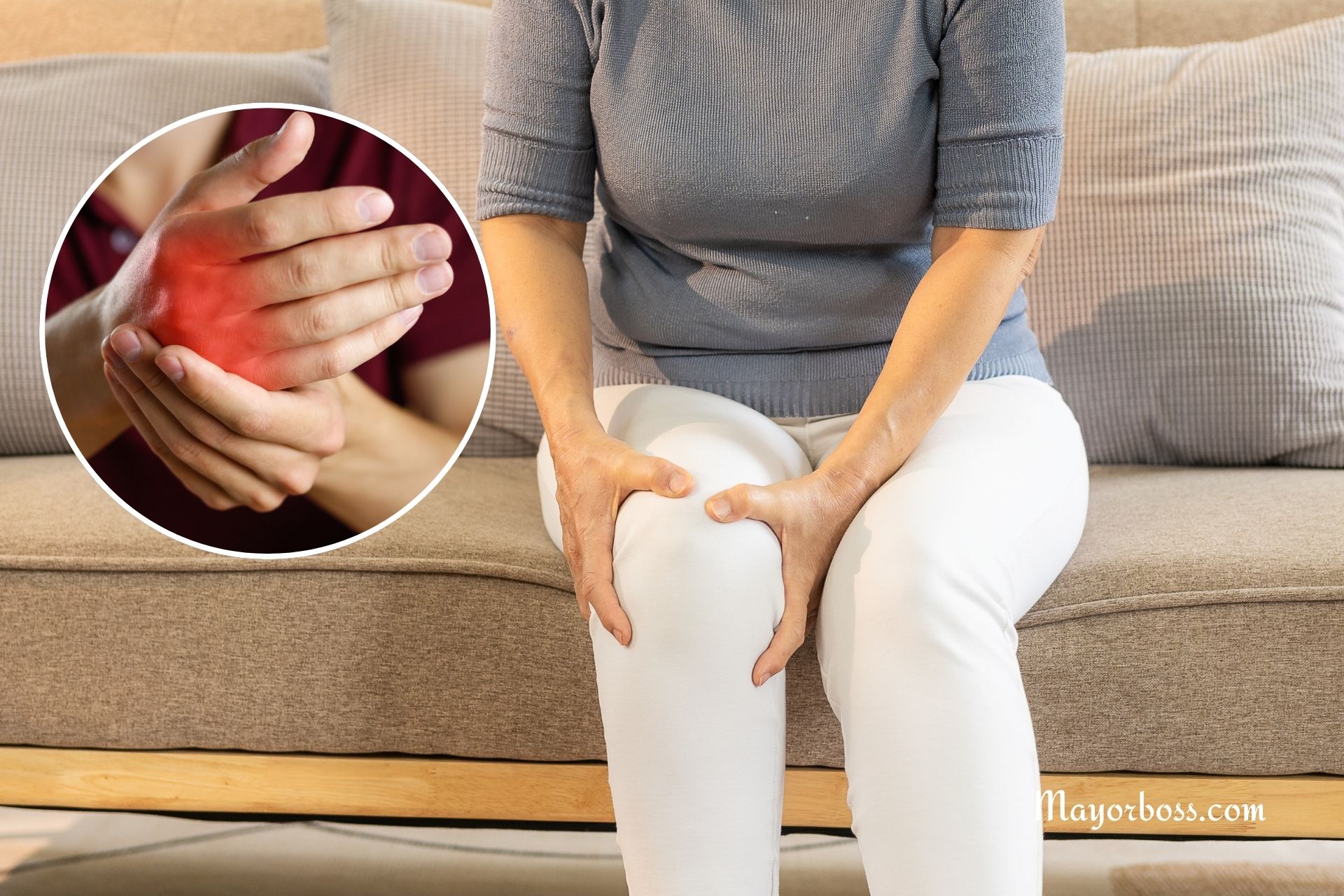4 Signs of Arthritis That Might Show Up in the Morning
Arthritis is a common condition that affects the joints. 1 in 5 adults has arthritis, according to the US Centers for Disease Control and Prevention. It can cause pain, swelling, redness, and, of course, stiffness. Many people notice that their joints feel different in the morning. Recognizing these signs can help you get help early and manage your symptoms.

1. Joint Stiffness When You Wake Up
One of the most common signs of arthritis is stiff joints when you first get out of bed. You may feel tightness in your hands, knees, or other joints. This stiffness happens because your joints have not moved while you slept. In many cases, the stiffness goes away after a few minutes of moving around.
If your joints stay stiff for more than 30 minutes or even an hour, it might be a sign of inflammation. Inflammation means that your body is reacting to something that is not right. Early on, joint stiffness can be a clue that you may need to see a doctor. It is important to notice if this stiffness happens every day.
2. Pain and Tenderness in Your Joints
Morning pain in the joints is another telling sign of arthritis. The pain may be a dull ache or a sharper feeling. You might also feel tenderness when you touch the joint. This pain and tenderness can happen in one joint or many joints at the same time.
When you press on an inflamed joint, it may hurt more. This pain is a warning sign that your joints might not be working as they should. It is a good idea to keep track of where you feel pain and how strong the pain is. This information can help your doctor understand what is happening.
3. Swelling and Redness Around the Joints
Another key warning sign of arthritis is swelling in the joints. Swelling can make a joint look puffy or bigger than usual. Along with swelling, you might see redness or feel warmth in the joint. These signs mean that there is inflammation in the joint.
When you wake up, if you see that your fingers, knees, or other joints are swollen or red, it is a sign that something is not normal. Swelling happens because extra fluid builds up in the joint. This extra fluid is a way for your body to try to heal the area. However, too much swelling can lead to more pain and difficulty moving.
4. Reduced Range of Motion
A fourth indication of arthritis is a reduced range of motion in your joints. In the morning, you might notice that you cannot bend or straighten your joints as easily as before. This loss of movement can affect simple tasks like brushing your teeth or tying your shoes.
When arthritis affects your joints, the surfaces may not move smoothly against each other. This rough movement can make it hard to do everyday activities. If you notice that your joints feel tight or that you cannot move them as well as you used to, it is a sign that you should get checked by a doctor.
When to See a Doctor
Not everyone who wakes up with a little stiffness or pain has arthritis. Sometimes, these symptoms are just a normal part of getting older or from sleeping in a bad position. However, if you see these signs every morning or if they get worse over time, it is important to talk to a doctor.
A doctor can look at your joints and ask you questions about your symptoms. They might also use tests, such as blood tests or X-rays, to see what is happening inside your joints.
Tips to Manage Morning Arthritis Symptoms
There are a few simple things you can do to help manage arthritis symptoms in the morning:
- Stretching: Do gentle stretches when you wake up. Stretching can help loosen your joints and reduce stiffness.
- Warm Showers: A warm shower can help relax your muscles and ease joint pain.
- Heat Packs: Use a warm heat pack on your joints. This can reduce pain and improve blood flow.
- Regular Exercise: Exercise helps keep your joints flexible. Simple activities like walking or swimming can be very helpful.
- Healthy Diet: Eating a balanced diet supports overall joint health. Foods rich in vitamins and minerals can help reduce inflammation.
- Weight Management: Keeping a healthy weight reduces stress on your joints. Extra weight can make arthritis symptoms worse.
Some people may need to take medicine to help with pain and swelling. Over-the-counter pain relievers or anti-inflammatory drugs can sometimes work. It is important to talk to your doctor before starting any medication. Your doctor can help you decide what is best for your condition.
